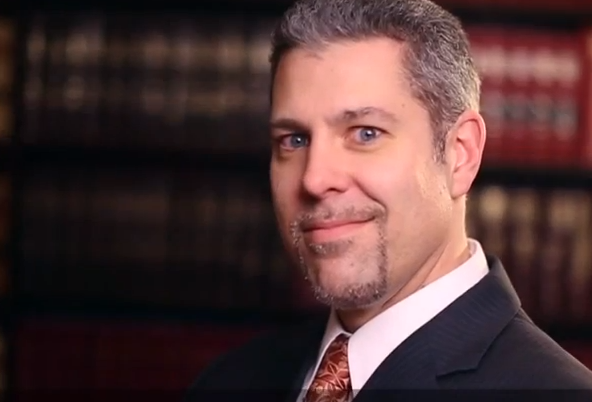There’s a widespread push to stop the use of date rape drugs across the country, especially on college campuses, where unsuspecting students could be roofied and raped practically anywhere. Due in large part to the college culture—in which many students combine meeting new people with drinking and partying—date rape drugs are frighteningly easy to use, and can be difficult to trace back to a particular source. No matter where or how they are used, the distribution of a date rape drug is a serious crime, and in the state of New Jersey, legislators and police officers are enforcing two specific laws that target anyone who has their hands on such illegal substances.
New Jersey Statutes
There are two common date rape drugs covered by New Jersey’s laws. Although both date rape drugs are similarly odorless, colorless, and virtually undetectable when added to a person’s drink, the laws explain the penalties for each in separate statutes.
The first state law that details the criminal consequences of date rape drugs is N.J.S.A. 2C:35-5.2. This statute makes it illegal to manufacture or distribute gamma hydroxybutyrate, also known as GHB. GHB is one of the most commonly known date rate drugs, and has several side effects. Although some doctors prescribe legal doses of GHB to patients with sleeping problems or chronic pain, the use of the drug to alter a person’s state of mind, typically to coerce them into sexual activity, is prosecutable under this law.
Manufacturing or distributing GHB is a second-degree crime and carries penalties of up to ten years behind bars and fines of up to $150,000. Simple possession of GHB is a third-degree crime and can result in a sentence of up to five years in jail and fines of up to $100,000.
The second New Jersey law that deals with date rape drugs is N.J.S.A. 2C:35-5.3, which deals with the manufacturing and distribution of flunitrazepam. This drug is more commonly known as rohypnol, and its most popular use is as a date rape chemical. If you are arrested for possession of rohypnol, you could face up to five years in jail and fines of up to $100,000 for a third-degree crime. If you are charged with the second-degree offense of possession with intent to distribute, or manufacturing or selling, you can be fined up to $250,000 and spend up to 20 years behind bars.
Call an Attorney Today
The stakes are high if you’re caught with either GHB or rohypnol, no matter why you have it. It’s critical that you call your attorney right away, so you can work on your best options for defense. These drugs have negative connotations, and any connection to them—even if you are not ultimately charged with anything—can be damaging to your personal and professional reputation. For more information, contact Scott Gorman, a leading Morristown drug crime attorney at The Gorman Law Firm, today.
Published in Categories: Drug Posession


